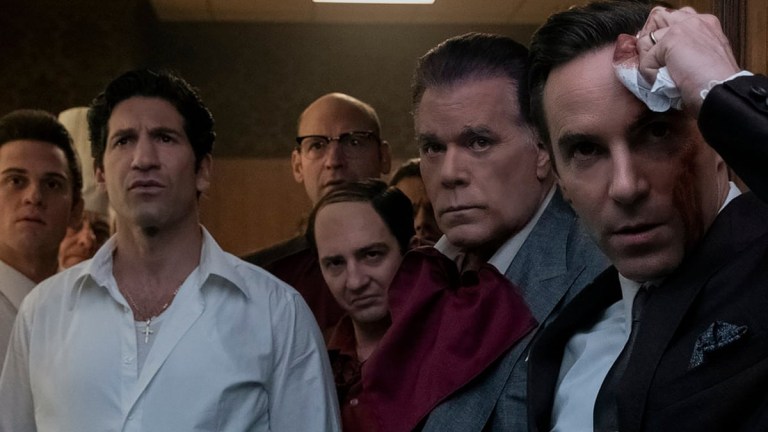Le lion est mort ce soir (
The Lion Sleeps Tonight, Suwa, 2017) – Nobuhiro Suwa keeps making movies in French, a language he doesn't speak. He says he shares the film language of French cinema, and his love for its classics is obvious in everything he does.
H Story, the best of the films I've seen from him (and one of my favorite films), told the story of a French actress who came to Japan to shoot a remake of Resnais'
Hiroshima mon amour. And this one here is an obvious love letter to François Truffaut, through his star actor Jean-Pierre Léaud and through a complex web of relations to Truffaut's cinema (I'm afraid some of it was too far gone in my memory to appreciate
Le lion est mort ce soir in all its richness, and I suspect that more dedicated fans of Truffaut must have a lot of fun with this film), but also to the whole of the French New Wave. I've always thought, and still think, that Jean-Pierre Léaud is a terrible, terrible actor. Still, he embodies a certain something of French cinema, an aura that was already summoned in other films (Tsai Ming Liang's
What Time Is It There? or Bertrand Bonello's
Le pornographe). No matter the role, he's always both Jean-Pierre Léaud and Antoine Doisnel, a shadow that follows him around.
In Suwa's film, Léaud plays Jean, an actor from the old days (of course), who shoots a new movie that's reuniting him with an actress he worked with a long time ago, but never since. The director of that (first) film within the film underlines this, saying he doesn't understand why nobody ever reunited them before. We never see that actress as the shoot is put on hold, but just moments later, Jean makes the most of the break and visits an old acquaintance, someone from his past, played of course by someone from Léaud's past, Isabelle Weingarten (Léaud's ex-girlfriend in
La maman et la putain, an actress he has never worked with since). You understand right away that the film is not about Jean, nor about the film he's shooting – maybe about all those films he (Léaud) has shot before, a shortcut to all of French cinéma. Intertextuality, reflexivity and mise en abyme are all important aspects of the film, but are never overdone and never take over the film, which feat is to tell both the very simple story of that old actor who befriends a group of children and agrees to play in their horror movie, and the more complex story of that old actor who cannot play death without encountering it and has to deal with his own ghosts. And that's it, the film walks the line between the only two important things movies should convey according to Truffaut: the joy of making films and the anguish of making films. “Today, I demand that a film express either the
joy of making cinema or the
agony of making cinema. I am not at all interested in anything in between; I am not interested in all those films that do not pulse.” (
The Films In My Life). The interweaving between the film, the film Jean is shooting, the film the children are shooting with him, and Jean's story and past (including the past films of Truffaut) is uneven, sometimes subtle and charming, and sometimes clumsy or obscure, but it really makes for most of the charm here.
8/10




 ...although TBH, Don Pedro Colley did well with what he had).
...although TBH, Don Pedro Colley did well with what he had). 

